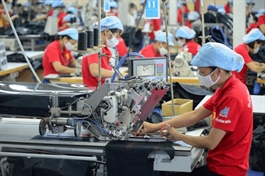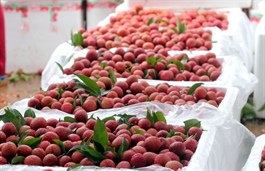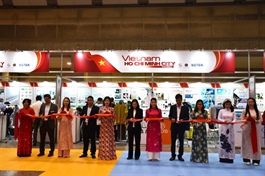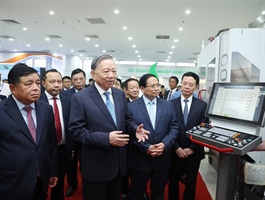Policy shifts loom amid mounting losses in Vietnam’s casino industry
Policy shifts loom amid mounting losses in Vietnam’s casino industry
Vietnam's casino sector is at a crossroads as nine licensed projects struggle to turn a profit, despite landmark regulations and billion-dollar investments.
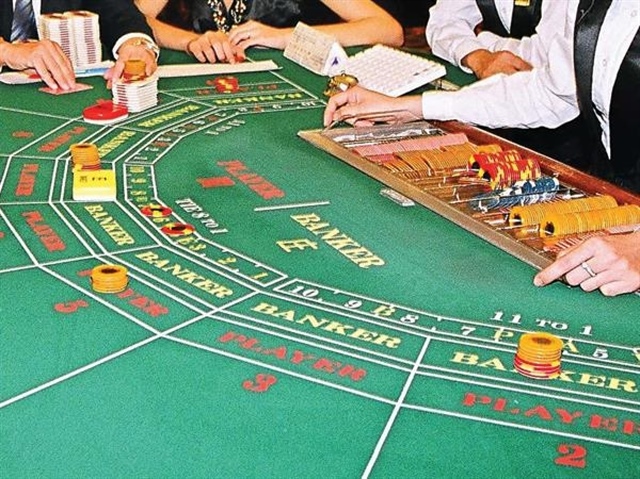
The Ministry of Finance is reassessing casino regulations to address industry challenges. Photo: Ha Thanh |
At a third-quarter press briefing held by the Ministry of Finance on October 3, Nguyen Hoang Duong, deputy director of the Department of Financial Institutions, outlined the challenges facing both large-scale and smaller casino projects. Currently, Vietnam has nine licensed casinos in operation, of which three exceed $2 billion in investment: Phu Quoc, Ho Tram, and Nam Hoi An. Meanwhile, six smaller projects were approved before Decree No.03/2017/ND-CP on casino business took effect.
According to Duong, casinos of this scale have contributed positively in several ways, including boosting local infrastructure, creating employment, and attracting tourism. The pilot allowing Vietnamese citizens to gamble at Phu Quoc has also reduced outbound gaming demand, keeping spending within the domestic economy.
However, these projects remain loss-making. Deputy Minister of Finance Nguyen Duc Chi attributed the poor performance largely to the lingering impact of the COVID-19 pandemic. “Even casinos permitted to admit local players under the pilot scheme suffer losses,” he said, noting that shifting policies in neighbouring countries had further reduced the flow of foreign visitors to Vietnamese casinos.
Smaller operations such as Do Son in northern port city of Haiphong, Lo Lai, Royal, and Hong Van in Quang Ninh, Silver Shores in the central city of Danang, and the International Hotel casino in the northern province of Lao Cai face even greater pressures, with Do Son already ceasing operations after years of loss-making.
This underlines the sector's structural weaknesses. While initial expectations centred on casinos becoming an anchor for tourism development and fiscal revenue, the reality has been a far more fragile business model, vulnerable to external shocks and regulatory gaps.
The Ministry of Finance is now conducting a comprehensive review of Decree 03, which governs casino licensing, alongside Decree No.06/2017/ND-CP on betting for horse racing, dog racing, and international football. In the case of sports betting, questions remain over what constitutes an eligible football match, how distribution channels should operate, and how advertising rules should apply.
Over the past few years, six related laws have been altered, ranging from investment and enterprise regulations to procurement and inspection. This has created further mismatches with existing decrees, pushing the ministry to amend drafts that would align the framework with wider legislative changes.
Most notably, the Politburo has concluded that Vietnam requires a dedicated law for the casino and betting industries. Such legislation, if enacted, would replace the current patchwork of decrees with a more comprehensive, long-term regulatory framework. According to Deputy Minister Chi, the Ministry of Finance has already proposed revisions to decrees 03 and 06 and will advise the government on preparing a standalone law covering casinos, sports betting, lotteries, and other prize-winning games. “This will be rolled out in the near future,” he confirmed.
The review process will likely shape the trajectory of Vietnam's gaming industry for years to come. For investors, the main question remains whether policy adjustments can unlock sufficient demand, especially among local players, to justify the multi-billion-dollar scale of current projects. The challenge is to balance economic benefits with social safeguards while reducing reliance on unsure international tourism flows.
- 11:42 04/10/2025











